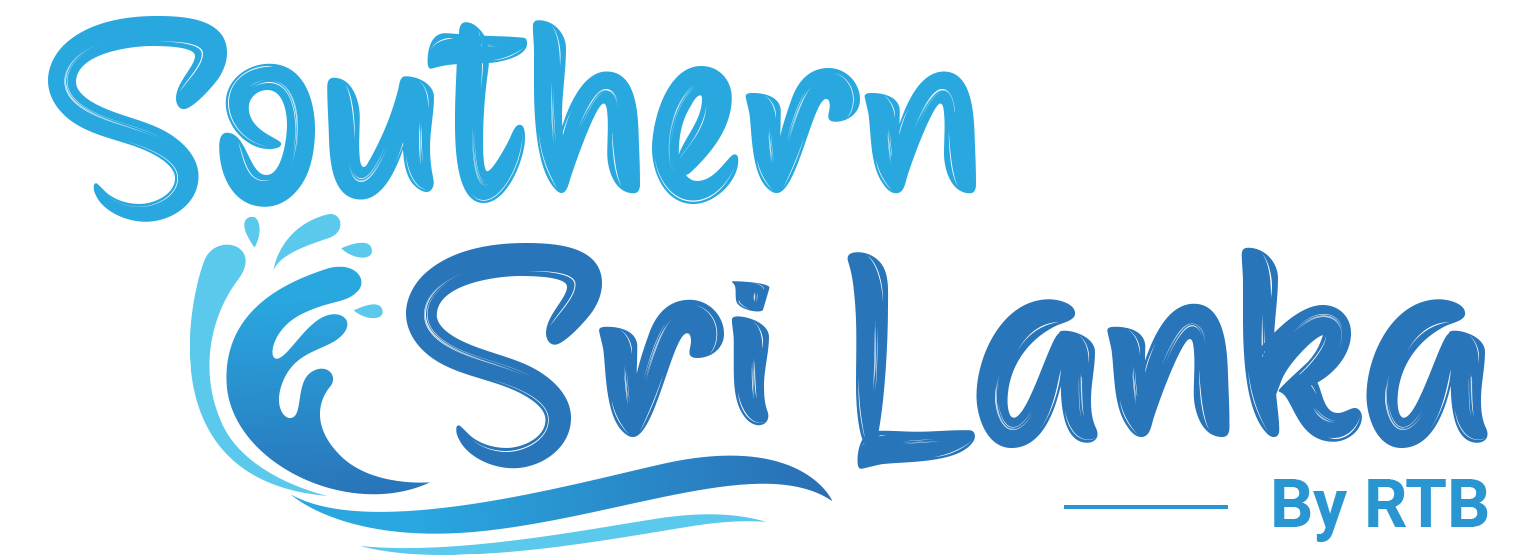Hikkaduwa Beach
Hikkaduwa Beach, located along Sri Lanka's southwestern coast, is one of the country's most famous beach destinations, offering a perfect blend of sun, sea, and culture. Known for its golden sandy shores, crystal-clear waters, and vibrant coral reefs, Hikkaduwa is a paradise for both relaxation and adventure. The beach is surrounded by lush palm trees and a laid-back atmosphere, making it an ideal spot for travelers seeking a tropical getaway. Whether you're a thrill-seeker, nature lover, or simply in search of tranquility, Hikkaduwa Beach has something to offer for everyone.
Historical and Cultural Significance
Hikkaduwa holds rich cultural significance, with its history closely tied to Sri Lanka’s maritime traditions. In the past, it was a major port for the export of cinnamon, and it played a key role in Sri Lanka’s trade routes. The town is also home to a number of Buddhist temples, such as the Seenigama Temple, located on a small island off the coast, which is dedicated to the guardian deity of the area.
The nearby Hikkaduwa Coral Sanctuary, established in the 1970s, is another important aspect of the region's environmental and cultural heritage, as it has preserved the natural marine life and coral reef ecosystem that are integral to the region’s identity.
Attractions
- Hikkaduwa Beach: The main attraction, featuring stretches of golden sand, calm waters for swimming, and vibrant sunsets. Great for both relaxation and water sports.
- Hikkaduwa Coral Sanctuary: Just a short boat ride from the beach, this is one of Sri Lanka’s most important coral reefs. It's a haven for snorkelers and divers, home to a wide variety of tropical fish and coral species. Open daily from 7 AM to 6 PM. Entrance: Free, though boat rental for visits is charged.
- Seenigama Temple: A Buddhist temple located on a small island, offering spiritual insights and a beautiful coastal view. Accessible via boat or a short hike. It’s a peaceful spot to reflect and enjoy the scenic surroundings.
- Tsunami Honganji Viharaya: A memorial built in the wake of the 2004 tsunami, this serene and respectful monument commemorates the lives lost and serves as a reminder of the strength of the community.
Activities and Tours
- Snorkeling and Scuba Diving Tours: Explore the vibrant coral reefs of Hikkaduwa’s Coral Sanctuary. Whether you’re a beginner or an experienced diver, there are guided tours suitable for all levels.
- Glass-Bottom Boat Ride: Ideal for those who prefer to stay dry but still want to witness the beauty of the coral reefs. The boats are equipped with glass panels that allow passengers to view marine life up close.
- Surfing: Hikkaduwa is one of the best places in Sri Lanka for surfing, offering waves for all levels of surfers. Many surf schools offer lessons and equipment rentals.Availability: Best from November to April
Boat Ride to Seenigama Temple: A boat trip from the main beach to the picturesque Seenigama Temple, a serene spot perfect for a peaceful retreat.Availability: Daily, best during early morning or late afternoon
Travel Information
Getting There:
- By Air: The nearest major airport is Bandaranaike International Airport (CMB) in Colombo, approximately 140 km away. From there, taxis or buses are available to take you to Hikkaduwa.
- By Train: Hikkaduwa has its own railway station, making it easily accessible from major cities like Colombo and Galle. Trains run frequently and are a scenic way to reach the beach.
- By Bus: Regular buses travel from Colombo to Hikkaduwa and other parts of the island. The bus journey takes about 2–3 hours.
Local Currency:
- Sri Lankan Rupee (LKR). Currency exchange services are widely available at banks, exchange booths, and hotels.
Safety Guidelines:
- Be mindful of rip currents when swimming or snorkeling.
- Always check the weather conditions, especially during the monsoon season (May to September).
- Respect local customs, particularly when visiting religious sites, by dressing modestly.
Events and Festivals
- Hikkaduwa Beach Festival: Held annually in August, this vibrant event celebrates music, dance, and local culture with international artists, food stalls, and a lively beach atmosphere.
- Duruthu Perahera Festival (January): A Buddhist procession held in nearby temples, showcasing traditional dances, drumming, and lanterns.
- Tsunami Memorial Day (December 26): A reflective event commemorating those who lost their lives in the 2004 Indian Ocean tsunami, with ceremonies at the Tsunami Honganji Viharaya.
Travel Tips and Guides
Packing List:
- Sunscreen, hats, sunglasses, and light clothing for sun protection.
- Swimsuit and beachwear for water activities.
- A light jacket or sweater for cooler evenings.
- Comfortable shoes for exploring temples and local markets.
Local Customs and Etiquette:
- When visiting temples, remove your shoes and wear modest clothing (covering shoulders and knees).
- Bargaining is common in local markets, but always be respectful.
Insider Tips:
- The best time to visit Hikkaduwa for optimal weather is between November and April, when the weather is warm and dry.
- For a quieter experience, visit early in the morning or late afternoon.
- Don’t miss out on sampling local seafood - there are many beachside restaurants offering fresh catches of the day.









